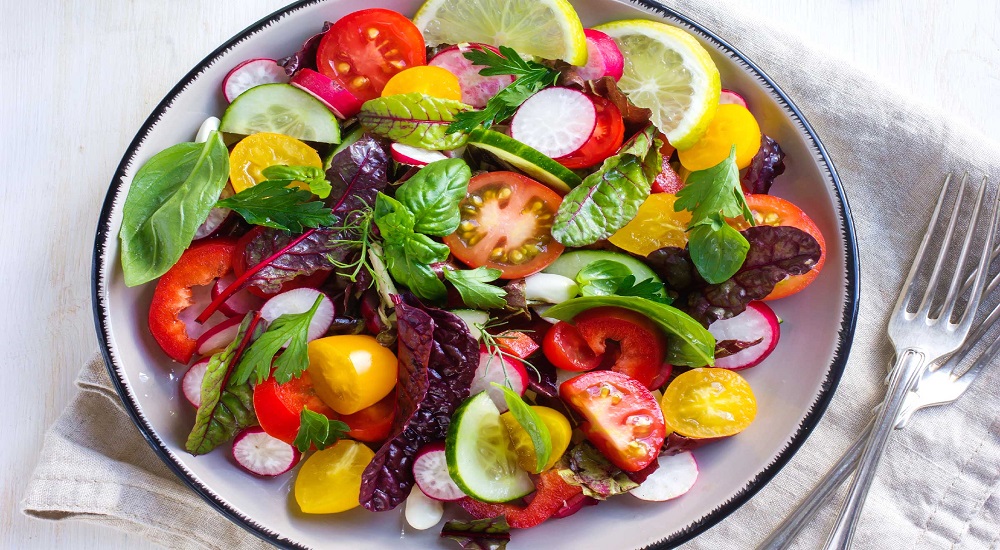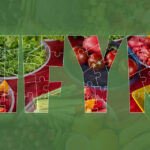The past few years have seen a rise in the use of Vegan diet. Whether it is for the sake of losing weight, health benefits, environmental or ethical factors, the trend seems to be getting popular day by day. By carefully chalking out a nutritional food plan, you may be able to improve your overall health and trim your waistline. It is important to keep in mind that a solely plant-based diet may lead to an imbalance in our dietary needs that can be cause health issues.
What Does A Vegetarian Diet Mean?
A diet or lifestyle that excludes all sorts of animal-derived products to prevent animal cruelty for the sake of health benefits or ethical preference is called a vegan diet. It includes discarding milk and dairy products and refraining from using animal skin for clothing. A vegan diet is known for its slimming effects, making the heart stronger and reverse type 2 diabetes.
Foods To Eat In A Vegan Diet
Following are the foods that you can eat in a vegan diet.
- Nuts, seeds, legumes
- Fruits and vegetables
- Whole grains
- Vegan food products/ substitutes
Foods To Avoid In A Vegan Diet
Following foods should be avoided in a Vegan Diet.
- Animal foods
- Animal based ingredients or derivatives
- Food that may contain animal ingredients/derivatives
Risks Involved In A Vegan Diet
Consuming plant-based foods may help us attain vital nutrients; however, they do sometimes lack certain elements of nutrition that keep our body robust. Research has indicated that people who continuously consume a vegan diet are at a risk of having low levels of iodine, calcium, vitamin D, vitamin B12, iron, long-chain omega 3. Insufficient levels of these nutrients pose serious health issue to everyone. Children, elderly, women and breastfeeding moms are particularly at risk.
In order to reduce the risk of deficiency, one should opt for natural plant foods over processed vegan foods. Foods fortified with calcium, vitamin B12 and vitamin D should be part of your fitness regime.
While opting for a vegan diet, it is important to keep the following points in mind.
Read more about Keto Diet and its health benefits.
Use B12 Supplements
Since B12 is naturally found in animal products, make sure that you are getting an adequate supply of this supplement when you decide going vegan. Consult your doctor so that your B12 body reserves are not depleted. B12 is important for nerves and blood cells and its deficiency can lead to fatigue, lethargy, constipation and weight loss.
Add In Iron Supplements Too
Iron is present in two forms: heme and non-heme. The heme iron source is found in animals and is easily absorbed by the body. The non-heme source comes from plants and takes a lot longer to get digested. Therefore, to keep your iron count right, use iron supplements when preferring to consume plant-based diet.
Protein Substitutes
In order to keep yourself full of energy while losing weight, it is important to find suitable protein substitutes in a vegan diet. You can consume beans, lentils, soy, quinoa which are good replacements for animal protein sources.
Choose Fresh Foods Over Junk
If you choose processed foods over animal foods, then your vegan diet is deemed to fail. This would not only lead you to putting on more weight, but will also leave you with less energy and mood swings. If you opt for a vegan diet, make sure it is full of vitamins and minerals so that by keeping away from nutrients derived from animal products, you still do not feel lethargic.
Choose Soy Portions Wisely
If you are choosing soy based meat over animal meat, then make sure that you choose the right amount. Since most of the meat substitutes in the market are processed foods and loaded with sodium, carefully read the labels before making the final purchase.





